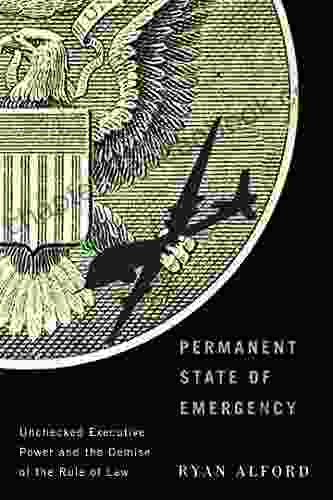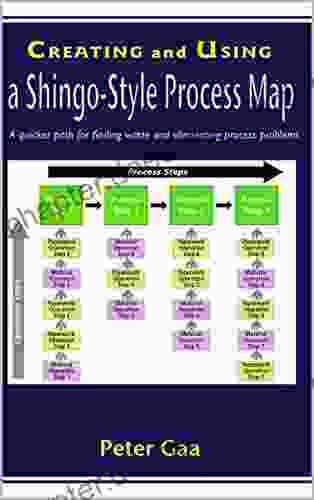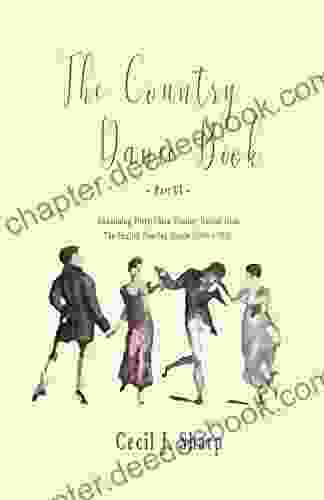Permanent State of Emergency: A Shadow Over Constitutionalism and Democracy

In the wake of unprecedented crises, such as wars, terrorist attacks, or natural disasters, governments often resort to extraordinary measures to protect their citizens and maintain public order. While these measures may be justified in the short term, their long-term consequences can pose a serious threat to constitutionalism and democracy.
One such measure is the declaration of a state of emergency, which suspends or limits certain fundamental rights and freedoms in order to address an imminent threat. While states of emergency have historically been used sparingly and for a limited duration, in recent decades we have witnessed a troubling trend towards their normalization and indefinite extension.
4.5 out of 5
| Language | : | English |
| File size | : | 1435 KB |
| Text-to-Speech | : | Enabled |
| Screen Reader | : | Supported |
| Enhanced typesetting | : | Enabled |
| Word Wise | : | Enabled |
| Print length | : | 341 pages |
| Lending | : | Enabled |
The Origins and Evolution of the Permanent State of Emergency
The concept of a state of emergency has its roots in the early days of constitutionalism. In the 18th century, the French philosopher Sieyès argued that the state has the inherent right to suspend the constitution in times of extreme danger. This idea was later enshrined in the German Weimar Constitution of 1919, which allowed for the suspension of civil liberties in the face of a "grave and imminent danger."
In the aftermath of World War II, the concept of a state of emergency was further developed by the Italian legal scholar Giorgio Agamben. Agamben argued that the state of emergency has become a permanent feature of modern societies, characterized by a constant state of fear and insecurity. This fear, he argues, is used by governments to justify the erosion of civil liberties and the expansion of executive power.
Political Implications and Societal Consequences
The permanent state of emergency has profound political and societal implications. First, it undermines the principle of constitutionalism, which requires that the government be bound by the rule of law and respect the rights of its citizens.
Second, it weakens democracy by giving the government unchecked power to suspend civil liberties and silence dissent. This can lead to the creation of an authoritarian state, in which the rights of individuals are subordinated to the interests of the state.
Third, the permanent state of emergency has a corrosive effect on society. It creates a climate of fear and mistrust, in which people are constantly worried about their safety and security. This can lead to social isolation, alienation, and the breakdown of social cohesion.
Examples of Permanent States of Emergency
There are numerous examples of countries that have declared permanent states of emergency, often in response to wars, internal conflicts, or terrorism. Some of the most notable examples include:
- Israel, which has been under a state of emergency since its founding in 1948.
- Turkey, which has been under a state of emergency since the failed coup attempt in 2016.
- Egypt, which has been under a state of emergency since the 2013 coup d'état.
- The United States, which has been under a state of emergency since the September 11 attacks in 2001.
Challenges and Path Forward
The permanent state of emergency is a grave threat to constitutionalism, democracy, and society. It is a product of fear and insecurity, and it perpetuates a cycle of violence and repression.
There are a number of challenges to addressing the problem of the permanent state of emergency. First, it is important to recognize the legitimate need for states to protect their citizens during times of crisis.
Second, it is important to find a balance between security measures and the protection of civil liberties. This requires a commitment to transparency, accountability, and the rule of law.
Finally, it is important to build a more just and equitable society, one that is not based on fear and insecurity. This requires addressing the root causes of conflict, poverty, and inequality.
The permanent state of emergency is a serious threat to our freedoms and our way of life. It is a product of fear and insecurity, and it perpetuates a cycle of violence and repression. We must challenge the permanent state of emergency and work towards a more just and equitable society, one that is based on the rule of law and the respect for human rights.
As the American civil rights leader Martin Luther King, Jr. said, "Injustice anywhere is a threat to justice everywhere."
4.5 out of 5
| Language | : | English |
| File size | : | 1435 KB |
| Text-to-Speech | : | Enabled |
| Screen Reader | : | Supported |
| Enhanced typesetting | : | Enabled |
| Word Wise | : | Enabled |
| Print length | : | 341 pages |
| Lending | : | Enabled |
Do you want to contribute by writing guest posts on this blog?
Please contact us and send us a resume of previous articles that you have written.
 Book
Book Chapter
Chapter Text
Text Story
Story Reader
Reader Library
Library E-book
E-book Magazine
Magazine Newspaper
Newspaper Sentence
Sentence Bookmark
Bookmark Shelf
Shelf Foreword
Foreword Preface
Preface Synopsis
Synopsis Annotation
Annotation Footnote
Footnote Scroll
Scroll Codex
Codex Tome
Tome Bestseller
Bestseller Library card
Library card Narrative
Narrative Biography
Biography Encyclopedia
Encyclopedia Dictionary
Dictionary Thesaurus
Thesaurus Character
Character Resolution
Resolution Librarian
Librarian Stacks
Stacks Periodicals
Periodicals Scholarly
Scholarly Reserve
Reserve Literacy
Literacy Study Group
Study Group Awards
Awards Reading List
Reading List Theory
Theory Textbooks
Textbooks Libook
Libook William T Lewis
William T Lewis S L Viehl
S L Viehl Nina Eliasoph
Nina Eliasoph Mohamed Farag
Mohamed Farag Justin Su Wan Yang
Justin Su Wan Yang Jonas Engelmann
Jonas Engelmann Santiago Sevilla
Santiago Sevilla Rodney K Smith
Rodney K Smith John W Dean
John W Dean Cecil Bothwell
Cecil Bothwell Sarah Echavarre
Sarah Echavarre Laura Nelkin
Laura Nelkin Rebecca Ringquist
Rebecca Ringquist Markie Madden
Markie Madden Robert Higgs
Robert Higgs George T Ferris
George T Ferris Tania Stephanson
Tania Stephanson William Walker Atkinson
William Walker Atkinson Moshe Schein
Moshe Schein
Light bulbAdvertise smarter! Our strategic ad space ensures maximum exposure. Reserve your spot today!
 Mark MitchellFollow ·12.2k
Mark MitchellFollow ·12.2k Fredrick CoxFollow ·18.3k
Fredrick CoxFollow ·18.3k Israel BellFollow ·7.1k
Israel BellFollow ·7.1k John GreenFollow ·2.2k
John GreenFollow ·2.2k Branden SimmonsFollow ·2.6k
Branden SimmonsFollow ·2.6k DeShawn PowellFollow ·3.7k
DeShawn PowellFollow ·3.7k Henry Wadsworth LongfellowFollow ·17.4k
Henry Wadsworth LongfellowFollow ·17.4k John SteinbeckFollow ·6.8k
John SteinbeckFollow ·6.8k
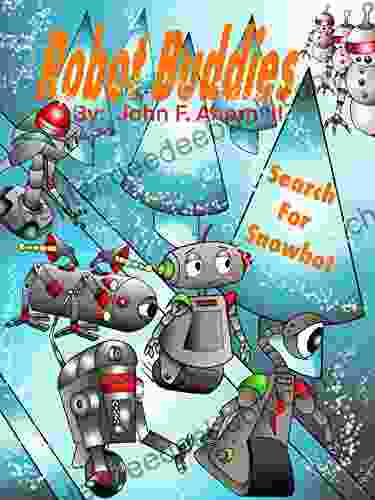
 F. Scott Fitzgerald
F. Scott FitzgeraldRobot Buddies: Search For Snowbot
In the realm of...
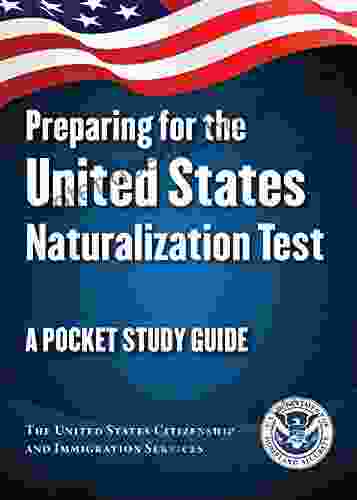
 Mario Vargas Llosa
Mario Vargas LlosaUnlocking Academic Success: A Comprehensive Guide to...
In the ever-challenging academic...

 Gabriel Blair
Gabriel BlairMake $000 Per Month Selling Your YouTube Freelancing...
Are you looking for a...
4.5 out of 5
| Language | : | English |
| File size | : | 1435 KB |
| Text-to-Speech | : | Enabled |
| Screen Reader | : | Supported |
| Enhanced typesetting | : | Enabled |
| Word Wise | : | Enabled |
| Print length | : | 341 pages |
| Lending | : | Enabled |


